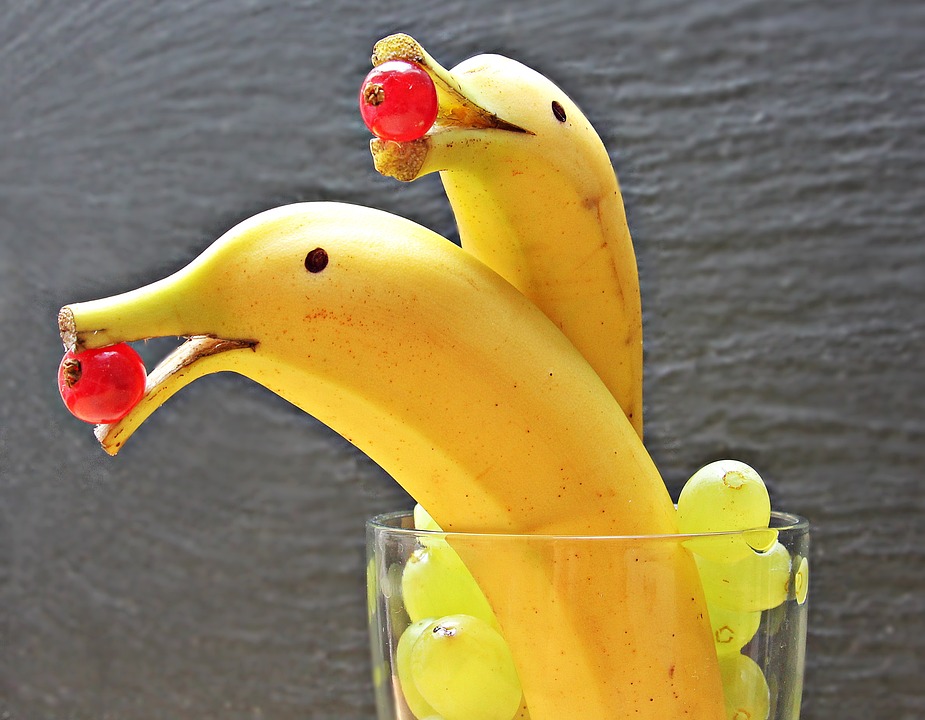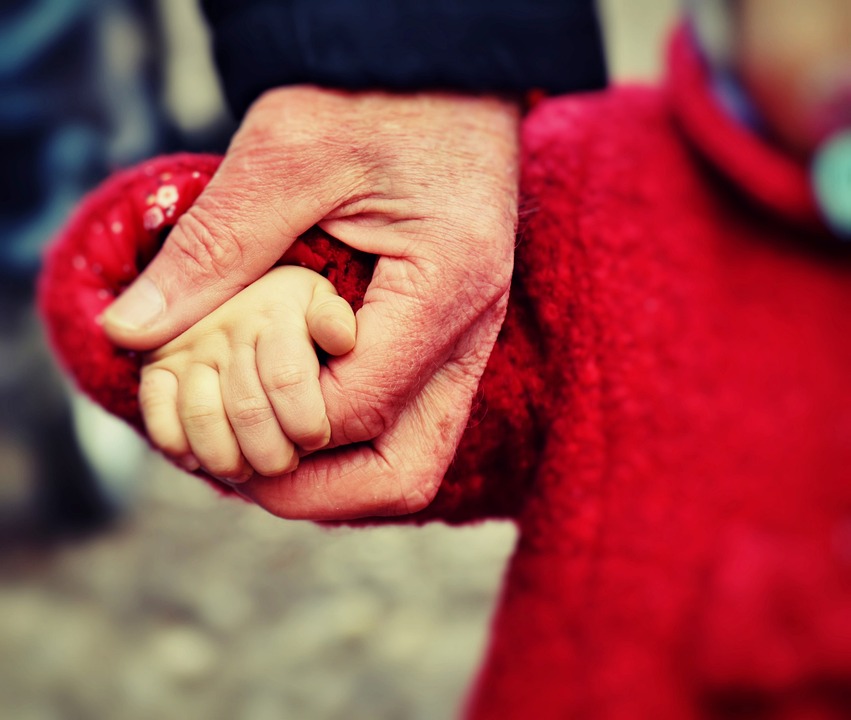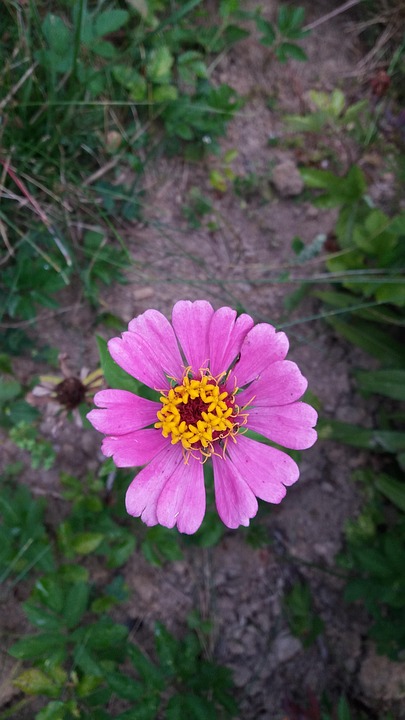The Great Outdoors: A Reflection on Love, Loss, and the Human Experience
As we sit around the campfire, gazing up at the star-studded sky, we can’t help but ponder the complexities of life. The warmth of the flames, the sound of crackling wood, and the serene beauty of nature all seem to conspire to stir our souls. It’s in these moments that we’re reminded of the profound words of Alfred Lord Tennyson: “It is better to have loved and lost than never to have loved at all.” But what does this timeless quote really mean, and how can it inspire us to live more fully, to love more deeply, and to cherish the moments that make life worth living?
Did you know that the average person spends only about 2% of their lifetime outdoors, despite the numerous benefits that nature has to offer? In this guide, we’ll explore the concept of love, loss, and the human experience through the lens of camping and the great outdoors. Whether you’re an avid camper, a professional looking to unplug, or simply someone curious about the natural world, you’ll walk away with a newfound appreciation for the beauty and complexity of life.
As we delve into the world of camping, we’re reminded that love and loss are two sides of the same coin. Just as a campfire requires both fuel and oxygen to burn brightly, our lives require both love and loss to truly flourish. The love we experience – whether it’s the love of nature, the love of others, or the love of life itself – gives us the strength and courage to face the inevitable losses that come our way. And it’s in these moments of loss that we’re forced to confront our own mortality, to reevaluate our priorities, and to find new meaning in the world around us.
Consider the story of Cheryl Strayed, author of the bestselling memoir “Wild.” After the loss of her mother, Strayed embarked on a 1,100-mile solo hike along the Pacific Crest Trail, a journey that would challenge her physically, emotionally, and spiritually. As she navigated the treacherous terrain, she was forced to confront her own grief, her own sense of identity, and her own place in the world. And it was through this journey, this experience of love and loss, that she discovered a newfound sense of purpose and belonging.
Rhetorically speaking, can we truly say that we’ve lived if we’ve never experienced the pain of loss? Is it not through our struggles, our failures, and our setbacks that we’re able to grow, to learn, and to become the people we’re meant to be? The answer, much like the stars above, is complex and multifaceted. But one thing is certain: love and loss are the twin engines that drive us forward, that propel us into the unknown, and that shape us into the people we become.
Data suggests that spending time in nature can have a profound impact on both our mental and physical health. A study by the University of East Anglia found that spending just 30 minutes in nature can reduce symptoms of anxiety and depression by up to 50%. Another study by the University of Washington found that nature experience can improve cognitive functioning, boost creativity, and even reduce inflammation. And yet, despite these benefits, we continue to spend more and more time indoors, glued to our screens, and disconnected from the natural world.
Metaphorically speaking, life is much like a campfire – it’s a delicate balance of fuel, oxygen, and heat. When we’re able to find this balance, when we’re able to nurture the flames of love, creativity, and connection, we’re able to create something truly beautiful, truly meaningful. But when we neglect the fire, when we fail to tend to it, it can quickly dwindle, leaving us feeling cold, alone, and unfulfilled.
As professionals, we’re often encouraged to be stoic, to be strong, and to be resilient. But what if this stoicism is actually a hindrance to our growth, our creativity, and our well-being? What if, instead of trying to be invincible, we were to embrace our vulnerability, our emotions, and our imperfections? The answer, much like the forest, is complex and multifaceted. But one thing is certain: it’s through our willingness to be vulnerable, to take risks, and to face our fears that we’re able to truly live, to truly love, and to truly lose.
Anecdotal evidence suggests that some of the most profound moments of growth, of transformation, and of healing occur in the great outdoors. Whether it’s a solo hike, a camping trip with friends, or simply a quiet moment of contemplation, nature has a way of stirring our souls, of awakening our senses, and of connecting us to something deeper and more meaningful. As the poet Mary Oliver once wrote, “When it’s over, I want to say: all my life I was a bride married to amazement. I was the bridegroom, taking the world into my arms.”
In conclusion, the quote “it is better to have loved and lost than never to have loved at all” is more than just a poetic phrase – it’s a profound truth that speaks to the very heart of the human experience. As we navigate the twists and turns of life, as we face our fears, our doubts, and our uncertainties, we’re reminded that love and loss are two sides of the same coin. And it’s through our willingness to take risks, to be vulnerable, and to face our fears that we’re able to truly live, to truly love, and to truly lose.
So the next time you find yourself sitting around a campfire, gazing up at the stars, remember that life is a delicate balance of love, loss, and the great outdoors. Remember that it’s through our experiences, our emotions, and our connections that we’re able to grow, to learn, and to become the people we’re meant to be. And remember, as the great outdoors reminds us, that it’s always better to have loved and lost than never to have loved at all.
Key Takeaways:
- Love and loss are two sides of the same coin, and it’s through our experiences of both that we’re able to truly live and grow.
- Spending time in nature can have a profound impact on both our mental and physical health.
- Vulnerability, emotions, and imperfections are essential to our growth, creativity, and well-being.
- The great outdoors has a way of stirring our souls, awakening our senses, and connecting us to something deeper and more meaningful.
- It’s through our willingness to take risks, to face our fears, and to be vulnerable that we’re able to truly love, to truly lose, and to truly live.
Actionable Advice:
- Take a few minutes each day to connect with nature, whether it’s a walk in the park, a hike in the woods, or simply a quiet moment of contemplation.
- Practice vulnerability, emotions, and imperfections in your daily life, whether it’s through creative pursuits, relationships, or personal growth.
- Seek out experiences that challenge you, that push you outside of your comfort zone, and that force you to confront your fears and doubts.
- Remember that love and loss are a natural part of the human experience, and that it’s through our willingness to take risks and face our fears that we’re able to truly live and grow.
Final Thoughts:
As we conclude this journey through the world of camping and the human experience, we’re reminded that life is a complex, multifaceted, and beautiful thing. It’s a journey that’s full of twists and turns, full of ups and downs, and full of moments of love, loss, and transformation. And it’s through our willingness to embark on this journey, to take risks, to face our fears, and to be vulnerable that we’re able to truly live, to truly love, and to truly lose. So let’s raise a torch to the great outdoors, to the human experience, and to the profound words of Alfred Lord Tennyson: “It is better to have loved and lost than never to have loved at all.”















